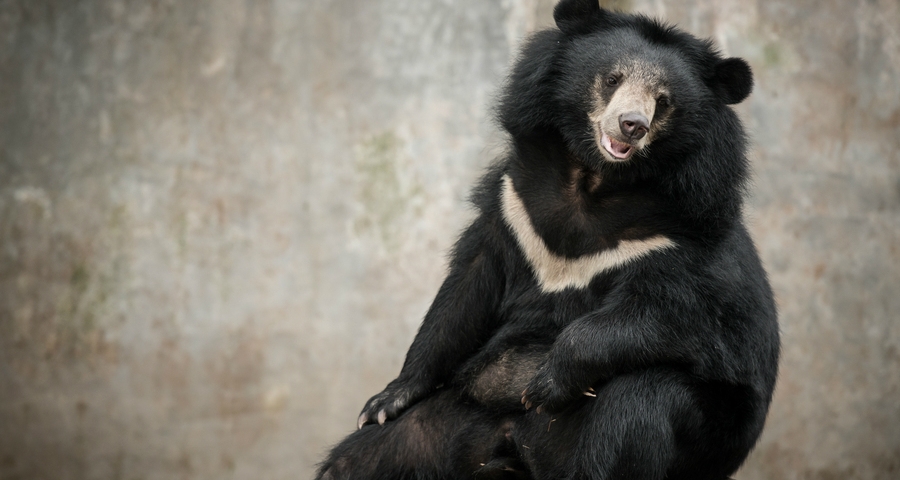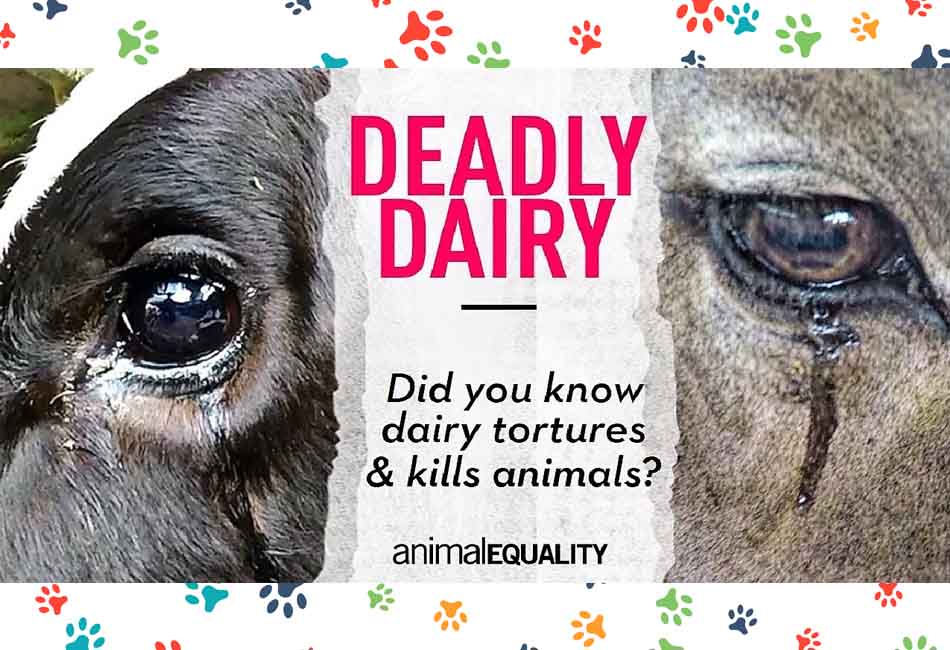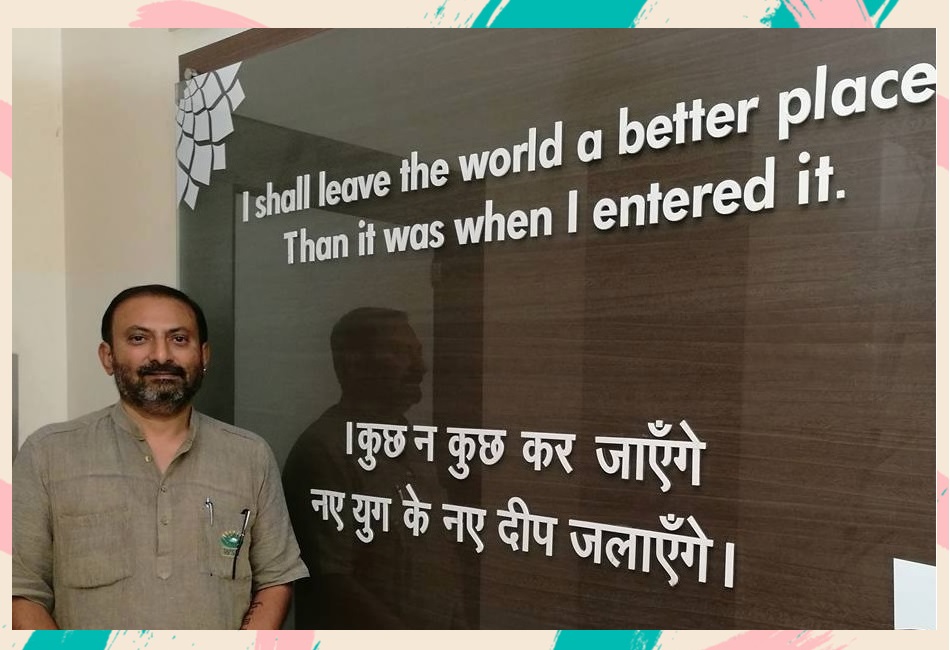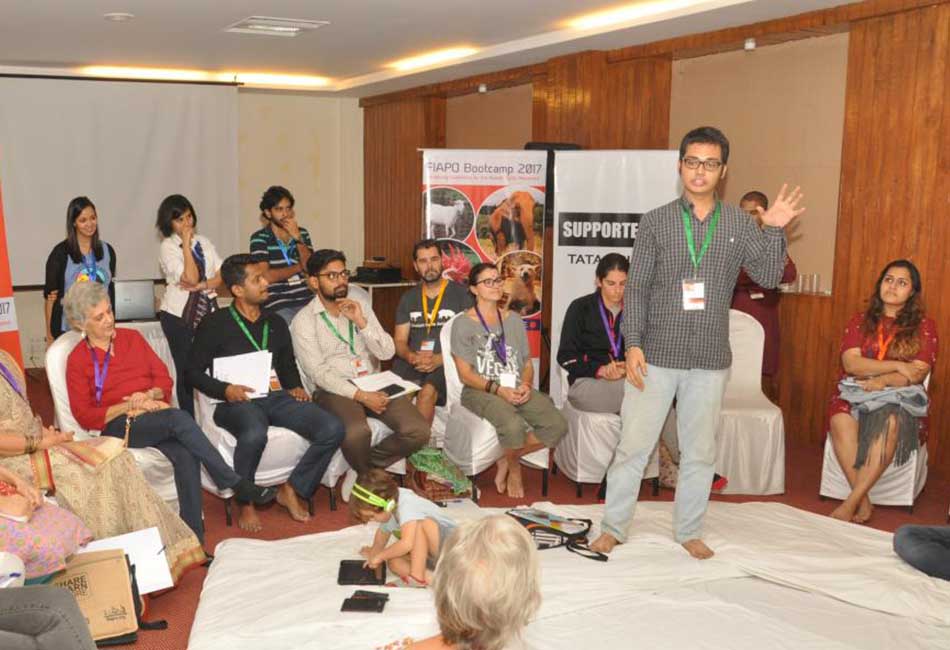Download Free Vegan Starter Kit -

Zoom Into Zoos : What Really Happens Inside Our Favourite Childhood Space!
Zoos are consistently held as one of the obvious and favorite choices for weekend getaways for family picnics. Kids all over the world have a common fondness for this trip, and young parents regard it as a ‘must-do’ activity - for the fun and positive learning experience it entails. We grown-ups cherish many happy memories from our childhood visits to the zoo. To see so many exotic creatures up close is undeniably an awesome experience!
-min.jpg)
Let’s step back & take a look at what’s happening behind the scenes. Have you ever wondered what really happens to the animals at the zoo who are displayed for our entertainment? This isn’t their natural home, nor their people, living in solitude and being treated in this way isn’t just cruel, it is inhumane.
Ever wondered what the animals might think of us? With countless visitors and our constant ‘ooh-ing’ and ‘aah-ing’, being an ‘exhibit’ is indeed a tiresome job. Let’s take a look at the myths and facts about life in the zoo - the REAL side of it.
Zoo’s are NOT conservation parks.
A conservation park or a sanctuary simply encloses an already existing forest area - protecting and maintaining its fragile ecosystem. Animals native to that land are free to roam in their natural habitat. A zoo, on the other hand, confines animals to captivity, most often in cages, and imports animals from different countries purely to enrich their repertoire. Zoos and marine parks are largely profit-driven organizations and do not serve wildlife preservation. Infact, according to a study conducted by Captive Animal Protection Society (CAPS), almost 50% of the animals in zoos in the EU are not even endangered in the wild.
Breeding kills
Ever wondered what happens to the baby animals from breeding schemes or old animals after they are no longer ‘show-worthy’? According to PETA, in 2014, Copenhagen Zoo killed an eighteen-month-old giraffe on site as he was unfit for breeding. Shockingly, as per Dailymail, the same organization made it to the headlines again, for killing four healthy lions to make room for an imported species male that they wanted to breed.
-min.jpg)
Animal Trade
Zoos routinely trade and relocate animals that are no longer profitable. Some animals that are lucky get transferred to multiple zoos throughout their lives. But a large number of them go to private breeders, pet owners, circuses, roadside zoos, and canned hunting ranches. In the scenario where the animals are not fetching the right trade, the last resort is often euthanasia as well.
Zoochosis
All of us who’ve visited a Zoo will remember looking at an animal pacing back and forth repetitively. Or as in the case of elephants, swaying back and forth. Zoochosis is the term given to this condition of psychological distress amongst zoo animals. Most zoos give drugs and psycho-pharmaceuticals to affected animals & curb such symptoms which at times even include over-grooming, biting, vomiting and self-mutilation.
-min.jpg)
Zoos dont satisfy any educational purpose
Zoo's constantly work to maintain a facade of being a facility for conservation, entertainment and education. As a visitor, you’re likely to observe an animal for a few minutes - that too in captivity. Which gives us no insight to the animal’s, otherwise, normal behavior. Extensive animal studies are carried out by professionals who videography and analyze the daily routine of an animal. The Discovery Channel, National Geographic, and Animal Planet have numerous documentaries presented in an interactive fashion. The excuse that a Zoo exists to fill a niche in the education industry is completely redundant.
Modern zoos work to recreate an artificial environment that imitates the natural habitat that the animal is used to, but this is a near impossible task, considering these animals roam free for several miles in the wild. For example, a beaver at the Smithsonian’s National Zoo has a naturalistic habitat with plenty of logs. He chews them, but he has also developed a habit of gnawing on a metal pole which might be detrimental to his health. The zoo is currently working on furnishing a replaceable wooden pole cover so the beaver may continue chewing on his upright “tree trunk.”
-min.jpg)
Freedom, is a fundamental right entitled to every living being. Animals are intelligent beings, with the capacity to feel hurt and empathize, the same way humans do. Our pleasure of watching them up close through glass walls costs them their natural habitat, their basic right to choose their own mate, having their own family or simply communicating. In a strange world, having lost all that is natural to them, they’re lonely, depressed and dependent on caretakers for the simplest wants & needs in life.
Like This?
Read: 11 Reasons To Visit An Animal Shelter At Least Once In Your Life!
Read More: 10 Good Reasons To Adopt & Not Shop!
AUTHOR

trending
Be a Vegan First Informer
Send us buzzworthy news and updates
Explore
Contact Us
About Us
Stay Connected
Copyright ⓒ 2017-2023. VEGAN PASSION PRIVATE LIMITED. All Rights reserved.
For more information, please write to hello@veganfirst.com
Registered Office Address: 55, 2nd floor, lane 2, Westend Marg, Saidullajab, Near Saket Metro Station, New Delhi, Gadaipur, New Delhi South West Delhi, DL

2.png)

.png)

.png)
2.png)
2.png)
2.png)


1.png)







